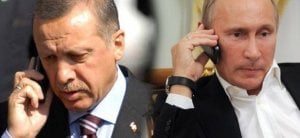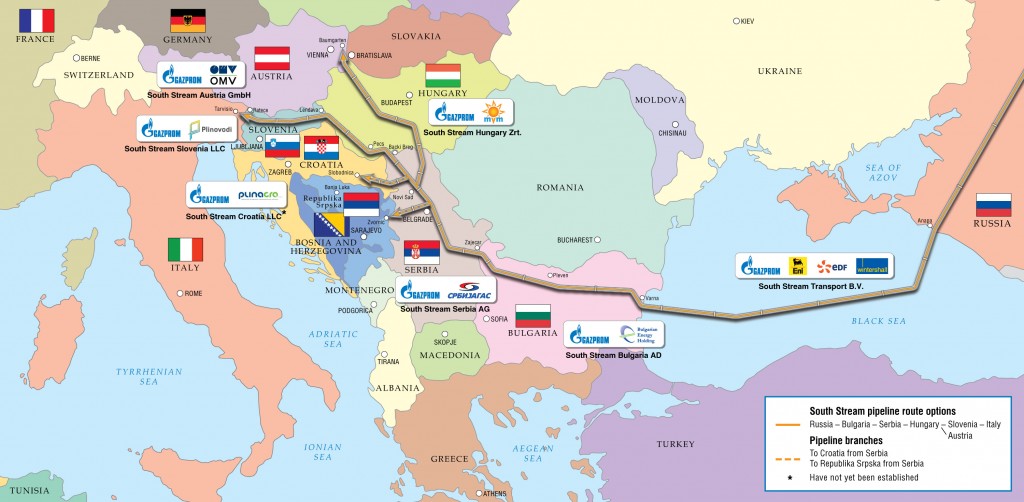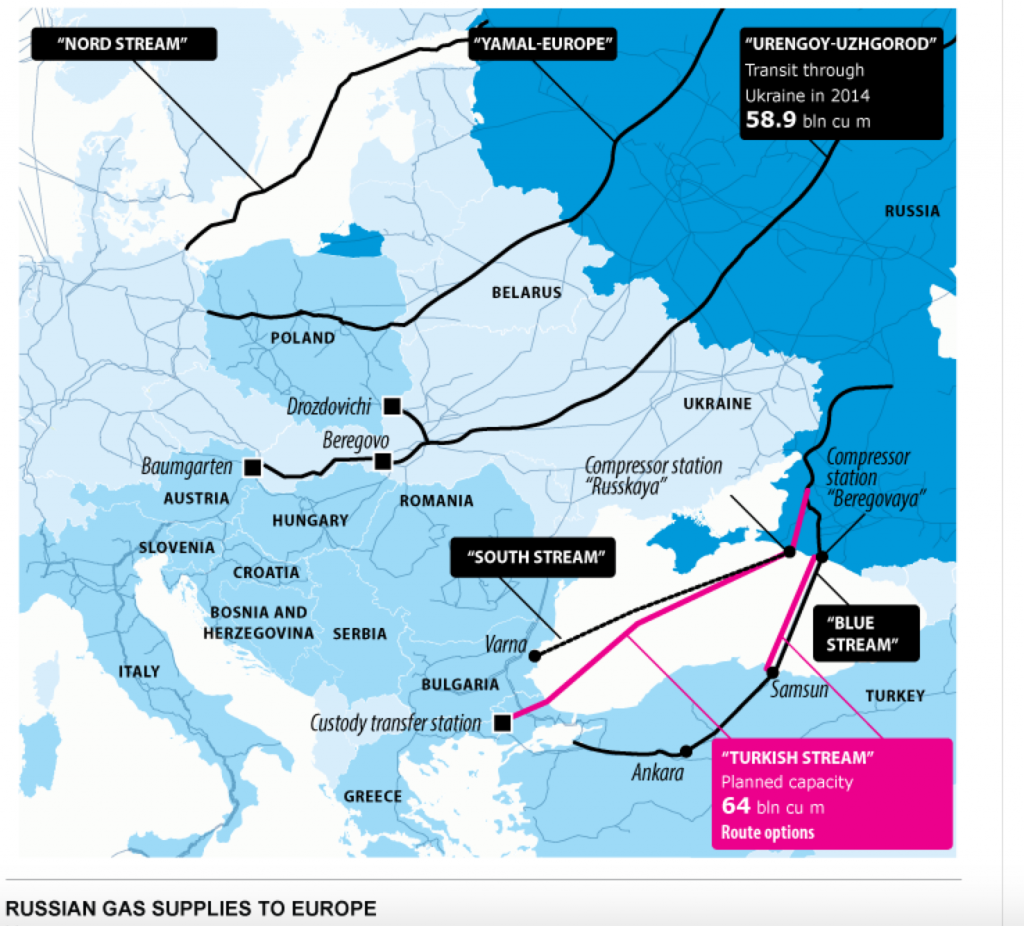Impacts of Turkey’s Aggression against Russia. The “Turkish Stream” is Dead. Disruption of Gas Pipeline Routes to the EU. Russia’s Economy in Crisis?

“Regime change” in Ukraine engineered by the US State Department was largely responsible for the collapse of the “South Stream” gas pipeline project. Washington’s intent was to establish a de facto blockade which would prevent the flow of Russian gas to the European Union.
“The South Stream gas pipeline worth €15.5 billion was intended to pump 67 billion cubic meters of Russian natural gas to Europe annually.
The pipeline’s underwater section 900 km (559 miles) long was intended to run along the bed of the Black Sea from the Russkaya compressor station on the Russian shore to the Bulgarian coast.” (TASS, January 14, 2015)
On December 1, 2014, President Vladimir Putin announced that the project to build the South Stream gas pipeline “was closed due to the European Union’s unconstructive approach to cooperation, including Bulgaria’s decision [pressured by the US] to stop the construction of the pipeline’s stretch on its territory.”

South Stream Pipeline Route Options, source TASS
The South Stream was replaced by the “Turkish Stream”. The scrapping of the South Stream was coupled with the signing in Ankara of a historic December 2014 deal between presidents Vladimir Putin and Recyyp Erdogan.
Under the Russian-Turkish agreement pertaining to gas pipeline routes, Turkey was slated to become a major hub and transit route for the export of Russian natural gas to both Southern and Western Europe.
Russia’s Gazprom in a historical announcement by CEO Alexey Miller in January 2015 confirmed that: The Turkish Stream gas pipeline project was considered “the sole route for Russia’s future supplies of 63 billion cubic meters of natural gas to Western Europe… The Gazprom head made this statement in response to a question about the fate of Russia’s South Stream gas pipeline project.” (Tass, January 14, 2015)
“The [South Stream] project is closed. The Turkish Stream is the sole route, which can deliver 63 billion cubic meters of Russian natural gas. … There are no other options,” Miller said. (Ibid)
November 24 2015: Turkey’s Act of Aggression against Russia marks the Disruption of the Turkish Stream Project
Back in January, the Moscow-Ankara deal was considered to be a slap in the face for Washington. Today, the Turkish Stream (sponsored by Moscow) is in jeopardy.
The downing of the SU-24 plane engineered by US-NATO has contributed to destabilizing the Russia-Turkey deal. It was by not means the only objective.
In January following the abandonment of the South Stream, the Turkish pipeline was announced as the “sole route”.
What next?
Following the downing of Russia’s SU-24 plane and the collapse of diplomatic relations between Moscow and Ankara, that “sole route” is no longer there, leading not only to a potential crisis in the supply of natural gas to the European Union, but also a major blow to Russia’s national economy, which depends heavily on the energy sector.
From the point of view of Washington, Wall Street and the Pentagon: “War is good for business”.



